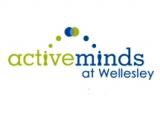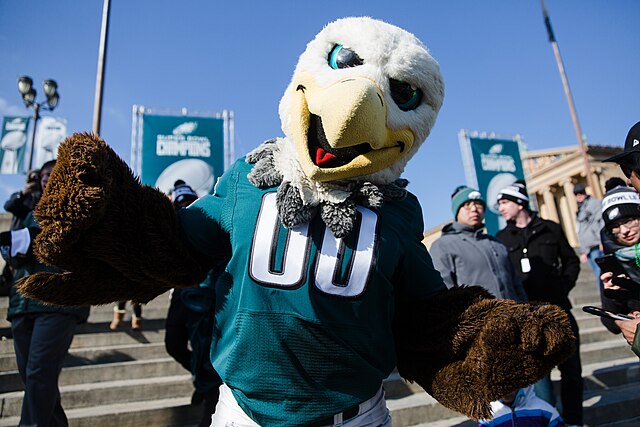This is the first installment of a short series coming up in the Mind Full column, which will be about what to expect when going to therapy. Keep a lookout for the next tale in Eigga’s (and other students’) journey to seeking mental health resources at Wellesley!
Meet Eigga. Eigga is Aggie spelled backwards, which is the name of the Active Minds president. Eigga is not a real person, but her story may be similar to someone you know. Eigga failed her most recent exam. In the abstract, looking at Eigga’s life from the safe and comfortable vantage point of this newspaper column, failing an exam is not so bad.
Let’s think of a few things Eigga can do. Eigga can …
– Contact her professor for resources, help and maybe even comfort).
– Reach out to her friends, MHE, APT and/or RA (for guaranteed resources, help, and comfort.)
– Find time to meet with or email her dean.
But, in this story, as you might not be surprised to hear, Eigga doesn’t do any of these things. In fact, Eigga doesn’t talk to many people at all. Let’s pause here again. Why are we not surprised that Eigga doesn’t reach out for help?
Contacting resources can be difficult. Asking for help takes energy and time. You might feel vulnerable, and asking for help might feel outside of your comfort zone. You might need to confide in someone that you don’t know very well – or, someone that you do know, but don’t know how they’ll respond. Asking for help can feel like admitting failure or defeat, but we don’t see it that way. Asking for help is a strength. It’s worth it, we promise!
We also recognize that it can be tough. In Active Minds, a lot of what we do involves encouraging people to reach out for help and take another step towards reaching out to others that they might be concerned about. Perhaps one solution to Eigga’s concerns is to introduce another character: a friend who notices that something is different, that something is a little off with Eigga.
This friend might use language such as: “Hey, Eigga, I’m worried about you because I noticed that you haven’t been hanging out with our friends as much recently. Do you want to talk about that? If you don’t want to talk about it with me, that’s okay. I know of some other people you could talk to, like our MHE.” This language is helpful because it expresses concern (I’m worried about you), is specific (I noticed that you…) and invites further conversation without pressuring Eigga to disclose anything (Do you want to talk about that?).
If you want to learn more about talking to a friend that you’re concerned about, contact your MHE!
As always, email [email protected] with comments and questions.
Like our Facebook page, too: WC Active Minds.
And, see you at Fresh Check Day in Alumnae Ballroom this Wednesday, March 8!




